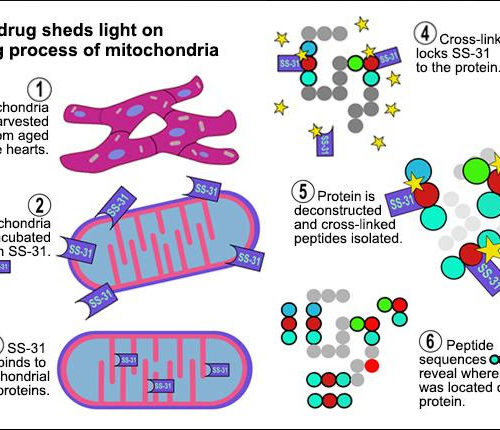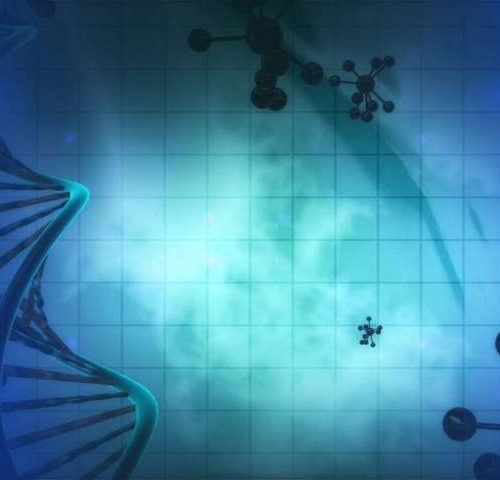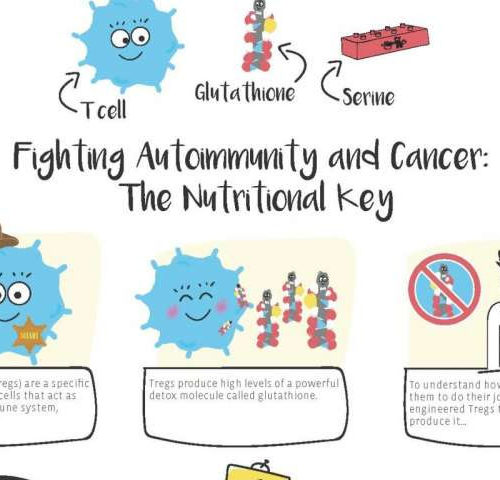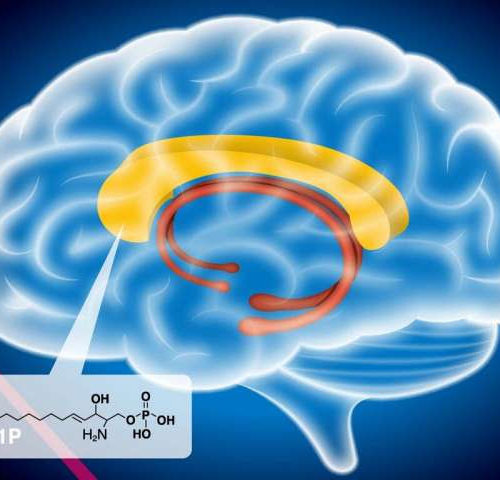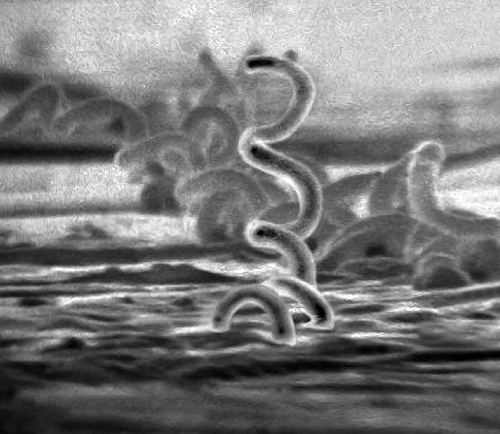An experimental drug that has been shown to improve the function of diseased and aged mitochondria binds to 12 key proteins involved in energy production, researchers at the University of Washington School of Medicine have found. The drug, elamipretide, also called SS-31, has shown promise for treating rare inherited diseases that affect the mitochondria, the...
Tag: <span>metabolism</span>
Unique metabolic markers detect over 50% of children affected by autism spectrum disorder
New findings from the Children’s Autism Metabolome Project (CAMP) Study, a 1,102 subject study of the metabolism of children with ASD, published in Autism Research Madison, WI (June 18, 2020): In a paper published online this week in Autism Research, scientists at NeuroPointDX, a division of Stemina Biomarker Discovery, Inc., in collaboration with researchers at...
Biochemical alterations revealed in patients with Lesch-Nyhan disease
UNIVERSITAT AUTONOMA DE BARCELONA An international study by the Institute of Neuroscience of the UAB (INC-UAB), Emory University and Hospital Universitario La Paz, published in the PNAS journal, shows that patients suffering from Lesch-Nyhan, a rare neurological disease, present biochemical alterations in skin cells (fibroblasts), urine and cerebrospinal fluid. Researchers have also discovered why these...
New molecule stops drug cravings in mice, with fewer side effects
by Duke University Duke University researchers have developed a synthetic molecule that selectively dampen the physiological rewards of cocaine in mice. It also may represent a new class of drugs that could be more specific with fewer side effects than current medications. In mice that were treated with the stimulant cocaine or methamphetamine, the new...
Researchers discover biomarkers of ALS in teeth
New York, NY (May 21, 2020)–Mount Sinai scientists have identified biological markers present in childhood that relate to the degenerative and often fatal neurological disease called amyotrophic lateral sclerosis, also known as ALS or Lou Gehrig’s disease, according to a study published in the Annals of Clinical and Translational Neurology in May. (https://www.youtube.com/watch?v=Bw-_XUZssMM&feature=youtu.be) The researchers...
Transcranial direct current stimulation is a safe treatment
by University of Eastern Finland Transcranial direct current stimulation, tDCS, is a promising treatment for conditions such as depression and addictive disorders. New evidence on the safety of transcranial direct current stimulation was recently offered by a new study showing that tDCS does not affect metabolism. Transcranial direct current stimulation is a non-invasive method for...
Fighting autoimmunity and cancer: The nutritional key
by Luxembourg Institute of Health Scientists at the Department of Infection and Immunity of the Luxembourg Institute of Health (LIH) revealed a novel mechanism through which the immune system can control autoimmunity and cancer. In the special focus of the researchers were regulatory T cells—a specific type of white blood cells that in general act...
People with brown fat may burn 15% more calories
WASHINGTON–Short-term cold exposure may help people with brown fat burn 15 percent more calories than those without, according to a small study published in the Endocrine Society’s Journal of Clinical Endocrinology & Metabolism. Unlike white fat, brown fat burns calories through fatty acid oxidation and heat production and is considered a promising target in the...
Schizophrenia related to abnormal fatty metabolism in the brain
by RIKEN Levels of the sphingolipid S1P were lower than normal in the corpus callosum (white matter) in the postmortem brains of people with schizophrenia. Credit: RIKEN Researchers at the RIKEN Center for Brian Science (CBS) in Japan have discovered a deficiency in the brains of people with schizophrenia that could lead to the development...
Viruses don’t have a metabolism, but some have the building blocks for one
By shuffling DNA in and out of one gene, syphilis stays a step ahead of the immune system to resist eradication. The bacterium that causes syphilis, Treponema pallidum, likely uses a single gene to escape the immune system, new research from UW Medicine in Seattle suggests. The finding may help explain how syphilis can hide...

